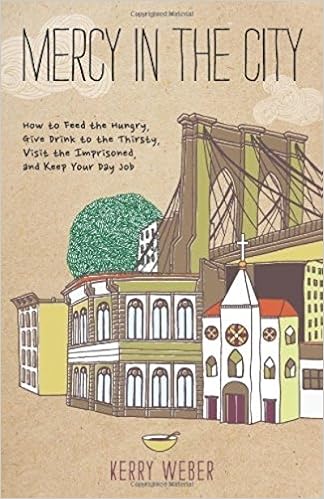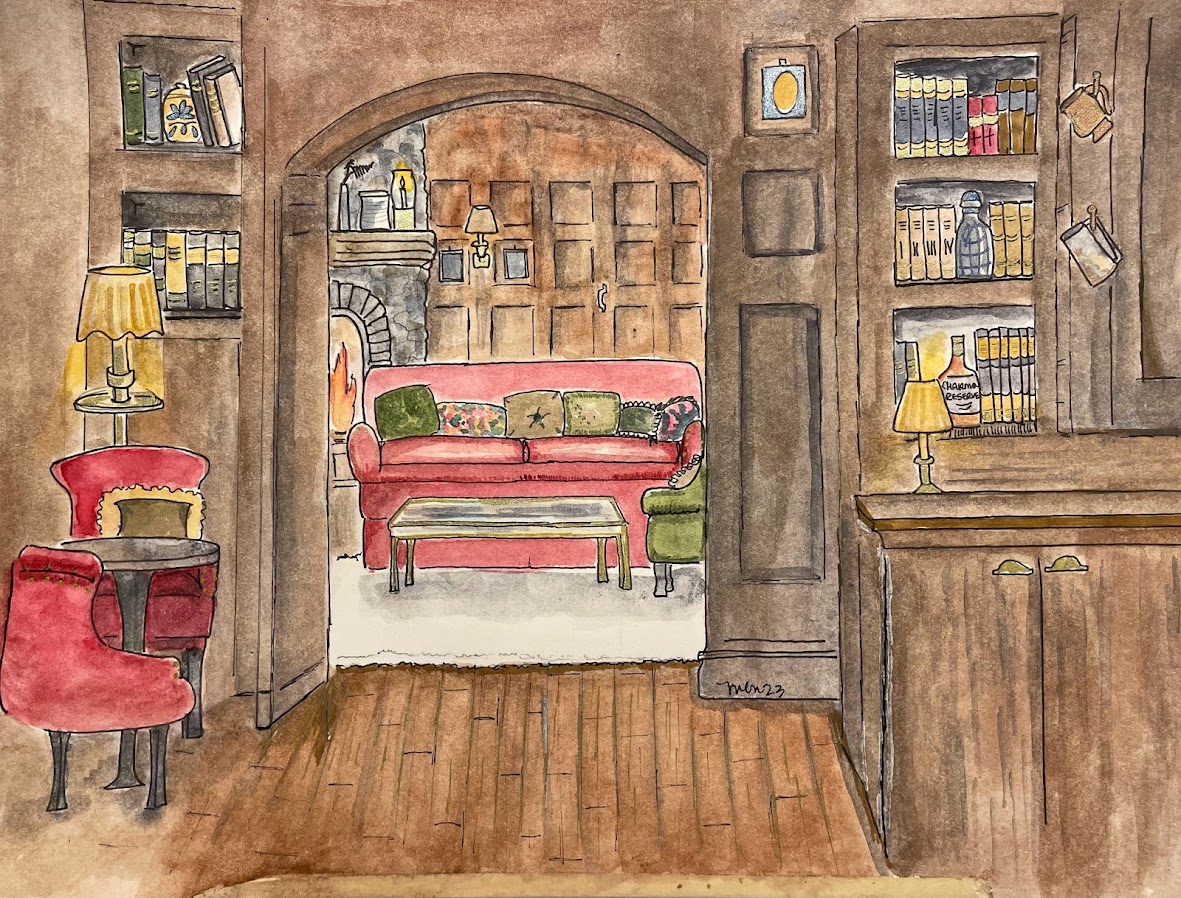Preparing the calendar of events for our women’s section this year, I shared with our Director of Religious Education, Erin, that I felt the Holy Spirit calling us to focus more on Mission during Lent. I met up with an amazing group of young missionaries this summer, acting the part of the hostess of our rockin’ city, thinking I was going to impressed them. Conversely, while chatting with them, they directly impacted my sense of zeal and lit a new kind of fire in my heart. I felt a tug at the fragile bubble-like layer that surrounds my spirit, and thought it may be time to step out a bit. I asked a couple of the young women if they wouldn’t mind returning to music city to do a presentation on their mission to a group of women here. I felt like somewhere down the road, it may lead us to a mission of our own, but I wasn’t sure what that looks like. Sometimes, I think God only lets us see so far into what He desires of us so that we aren’t overwhelmed.
“YES!” Erin screamed, standing up and running out the door of the church library where we were planning the calendar. Hmmm…maybe she forgot something? Maybe I scared her? In a minute, she was back, holding a book in her hand “Mercy in the City” by Kerry Weber. “I got this at a meeting. Mission work came up and I was given this to read.”
I love to read, but I have never been a good reader, or a fast reader. I didn’t let that stop me though, because I knew that all the most incredible people in the world were readers. Rather than adding it to the large pile of books I am trying to get around to reading or finishing, I flipped through it. To my suprise, it was written in my favorite form. First person, present tense. To me, it is like walking along with the author on their journey. That feeling couldn’t have been truer for this book, as Kerry takes the reader on a Lenten journey through what are called “Corporal Works of Mercy”.
- Feed the hungry
- Give drink to the thirsty
- Clothe the naked
- Shelter the homeless
- Visit the sick
- Ransom the captive (prisoners)
- Bury the dead
My favorite lines are toward the end of her journey:
This experience with the Works of Mercy has helped me to see how much of my faith must be a choice, how easy it is to become complacent, the need to remind myself to respond to the call of my faith each day. There are so many ways to say yes. Mercy is not something we bestow upon one another from on high in a sort of grand gesture, but rather something much quieter, more humble. It is an invitation, an openness, a kind of accompanying. To have mercy is to give mercy. And to give mercy is to empty oneself out to make room for the love for another. (p. 138)
In the book, she also accompanies a friend through the process of becoming Catholic. and the friend says regarding the year of preparation, as she is about to go through her baptism at the Easter Vigil,
“This was all so necessary,” she says to me. “It’s no longer about wondering what’s in front of me. It’s that what’s in front of me has no limits.”
Finishing the book, I realized how creative she was in completing her Lenten commitment to do all the bodily acts of Mercy. Some, like visiting San Quentin, was the quintessential ideal of “checking the box”, but others, like handing out cups of water at a marathon (after visiting the water museum in NYC) were creative and fun.
Reflecting this morning on the words of the first reading for today from Ezekiel 34, I felt an internal clock ticking away and an urgency to look around me with clarity at the needs of others:
The word of the Lord came to me:
Son of man, prophesy against the shepherds of Israel,
in these words prophesy to them to the shepherds:
Thus says the Lord GOD: Woe to the shepherds of Israel
who have been pasturing themselves!
Should not shepherds, rather, pasture sheep?
You have fed off their milk, worn their wool,
and slaughtered the fatlings,
but the sheep you have not pastured.
You did not strengthen the weak nor heal the sick
nor bind up the injured.
You did not bring back the strayed nor seek the lost,
but you lorded it over them harshly and brutally.
So they were scattered for the lack of a shepherd,
and became food for all the wild beasts.
My sheep were scattered
and wandered over all the mountains and high hills;
my sheep were scattered over the whole earth,
with no one to look after them or to search for them.
With that, we got in the car this afternoon and dropped off notes at the Memory Care unit of the Assisted Living Center (the girls’ group had made them in July). We were told “The memory care patients love art and color; they don’t have to read words, they just want to hold something pretty in their hands”. We told the girls to write “You are Loved” on the cards and color them up good.
Then the girls wrote cards to the military, who are in Afghanistan and missing their family. “Thank you for laying down your lives for us”, they wrote, “We are praying for you and your families.”
We did a few other errands, but mostly, if anything, I feel a greater need to reach out. There is too much suffering in this world. It is too easy to help. Like Kerry Weber says in her wonderful book, it must be a choice. And to choose it NOW rather than later, and to do it in the name of Jesus is what separates the good in the world from the great.



Leave a comment